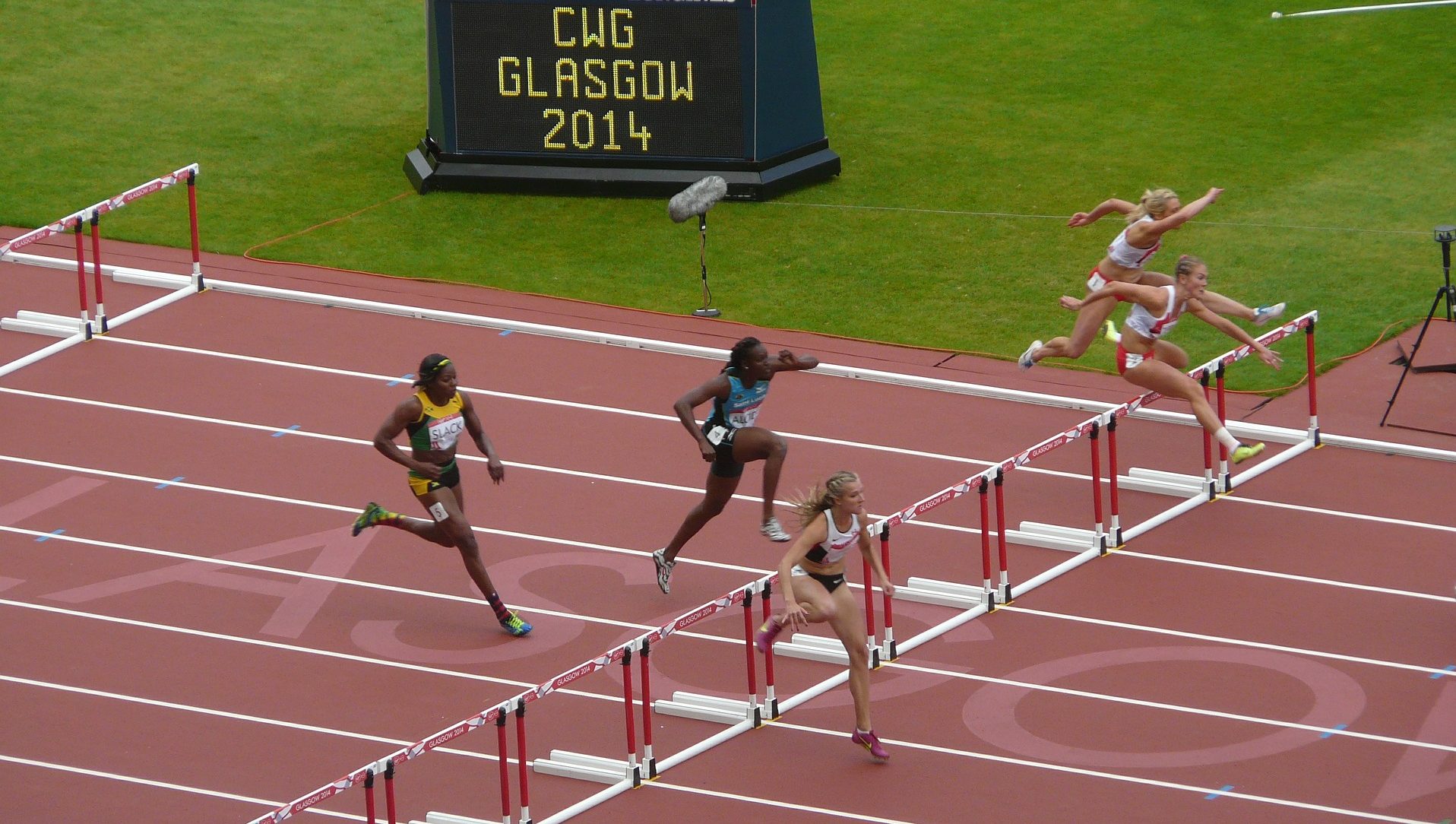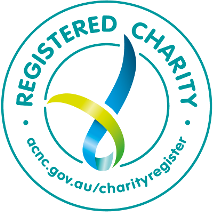 Year after year, professional athletes train to be the best at what they do. Day after day, they put in blood, sweat and tears in an effort to become number one. They aspire to one day stand on the top tier of the podium, proudly representing their country while holding their gold medal in front of the world.
Year after year, professional athletes train to be the best at what they do. Day after day, they put in blood, sweat and tears in an effort to become number one. They aspire to one day stand on the top tier of the podium, proudly representing their country while holding their gold medal in front of the world.
But, the rigid training and demanding lifestyle cannot last forever. One day, these athletes will face the difficult decision of whether or not to retire, and when they do, one question often remains. ‘What do I do in life after sport?’
For retired Irish rower, Gearoid Towey, training and competing for 15 years full-time, and representing Ireland at three Olympic Games and multiple world championships, meant he had enough. After the 2008 Beijing Summer Olympics, Towey decided it was the right time to pursue another pathway. He was happy with what he had achieved throughout his career, feeling privileged to have been part of the elite sporting arena for so long.
“At the time I retired, I was actually very excited about moving on and I was fairly well-prepared. I had a degree and I had those goals that I wanted to achieve outside of sport,” he said. Unfortunately, around a year after his retirement, Towey found himself lacking a long-term goal that kept him motivated, causing himself to question what he was going to do for the rest of his life. “I hadn’t really entertained that kind of thought too deeply while I was competing. So, that was the bit, for me, that I found challenging,” he explained.
Following this struggle, Towey saw similar problems in fellow retired athletes, which led him to found Crossing the Line Sport, an online platform helping athletes to move on to the next stages of their career.
“There’s lots of other important achievements that can be gained. Why don’t you make being a professional sportsperson one of the many great things you do in your life.”
In 2015, a study was conducted by Sports Medicine Australia on the prevalence of mental health disorders in athletes. It found 46.4 per cent of the athletes assessed had experienced symptoms of at least one of the mental health problems discussed, including depression, anxiety and general psychological distress. For those injured and unable to participate in sport, the results pertaining to depression and anxiety were higher.
With the upcoming Commonwealth Games on the Gold Coast, pressure on athletes to perform is mounting. Mark Peters, the Chief Executive Officer of the event’s organising committee, GOLDOC, said the upcoming games will offer athletes the ability to be on one of the biggest stages in world sport. To those up-and-coming athletes, it gives them “the chance to compete before a global audience for the first time,” Mr Peters said.
“It’s the world cup of football or the world cup of Rugby of our sports,” Towey agreed. “A lot of people grow up with the dream of competing at big events like that so when the time comes around, it’s very special.”
But UNSW Professor of Educational Psychology Andrew Martin said without the right psychological training, athletes can become vulnerable when they move beyond events like the Commonwealth Games. He said there is already a lot of attention placed on the psychology of winning and how to deal with loss, however there should be more focus on ensuring athletes develop good mental processes to help them long-term.
Professor Martin said the best way is to teach athletes their self-worth is separate from their sporting-worth. “A lot of the time, the motivational dynamics in sportspeople are often set in play during adolescence, for example when they’re sub-elite athletes,” he said.
In order to do this, Professor Martin said a practical and critical approach is to encourage athletes to engage in other parts of life, such as work or study. “It’s important they learn their self-worth and their worth as a person is separate from their sporting achievements,” he explained.
“Regardless of if they win or lose and regardless of whether they are sportsperson or not, their worth as a person is a given and shouldn’t be dependent on them winning or achieving.”
Sports Psychologist and Bond University assistant professor Dr Clive Jones agrees with Professor Martin, saying it is important for athletes to be thinking of their goals for life after sport throughout their career. He also said significant others in the lives of professional sportspeople play a critical role in helping create either a smooth or rocky transition.
“It’s even the family that needs to help the young adolescent, high-performing athlete, realise that there’s so much more to their lives than sport,” Dr Jones said. Too often, he explained, a young athlete’s life revolves around their sport, with parents sometimes limiting athletes’ access to ‘normal teenage life’ due to competition or training commitments. “It’s going to make them far more vulnerable down the track,” he said.
Another contributing factor to the struggles faced by many retiring athletes is their social environment, Dr Jones said. During their sporting career, they may be receiving a lot of media attention, as well as recognition from the public. “So even just their popularity, when that goes as well, that can make them feel like they’re a nobody and that can really hit hard,” Dr Jones said. “It can put an athlete into a state of depression, thinking their life doesn’t mean anything to anyone, anymore.”
Ultimately, Dr Jones said it is up-to the athletes to take initiative in ensuring they are prepared for their future, irrespective of who is helping them or not.
“It’s up to coaching staff and the sport science staff to allow room for that, rather than say it’s getting in the way, they should be making sure there is room for the athlete to have other training,” he said.
Earlier this year, both the SBS and the ABC conducted extensive reports into the lives of professional sportspeople after their retirement, highlighting some of the struggles and triumphs they face during their transition. Commonwealth and Olympic athletes such as Jana Pittman, Libby Trickett, Lauren Jackson and Melanie Wright shared their stories, shining a light on the issue across the country.
Conversely, Australian Institute of Sport Personal Excellence Manager Megan Fritsch said the media is often quick to highlight the athletes who may face various challenges throughout their career. Ms Fritsch said the Personal Excellence (PE) Program at the AIS has worked with a number of athletes who have positively transitioned to life after sport. The program has around 35 to 40 PE advisors, based either in Canberra or in various sporting institutes across each state. “They’re the ones that really focus on the dual career, the sport life, looking at the athletes’ support network, looking at all the transition phases they go through, and really focusing on the athletes’ self-awareness,” Ms Fritsch said.
The PE program was launched in 2014 and focuses on the care and wellbeing of Australia’s elite sportspeople, as a well as the critical journeys they make over the course of their career. Ms Fritsch said the program offers individualised plans for each athlete, concentrating on their development as a person.
“The identity foreclosure at the end of an athletic career is quite challenging for athletes, so if they’ve already set-up other identities, they are already on the way in terms of a smooth transition to post-sport.”
The AIS has also been working with various sporting bodies across Australia to ensure they have support programs and PE advisors in place for athletes to access after retirement. “Some sports have set up some financial support and some sports have the ability to provide athletes with access to services twelve months after retirement,” Ms Fritsch said. “A number of our state institutes also provide access for the athletes to be able to seek support from a PE advisor and figure out what’s next for them.”
However, in order to see more positive results across all athletes, like in many sports, it requires a team effort. With the many programs and support platforms available to athletes across the country to help them decide their next steps, athletes can provide themselves with the stepping stones to move on.
Towey still thinks more should be done to encourage athletes to engage with these programs. “We need to shift it from just talking about it, but actually doing something about it,” he said.
“It’s important to encourage the athletes to empower themselves and look after their own future, as opposed to being forced to think that way.”
With the correct steps taken and the right help sought, the common question of ‘what do I do now?’ will likely be far easier for athletes to answer at any stage in their career.


